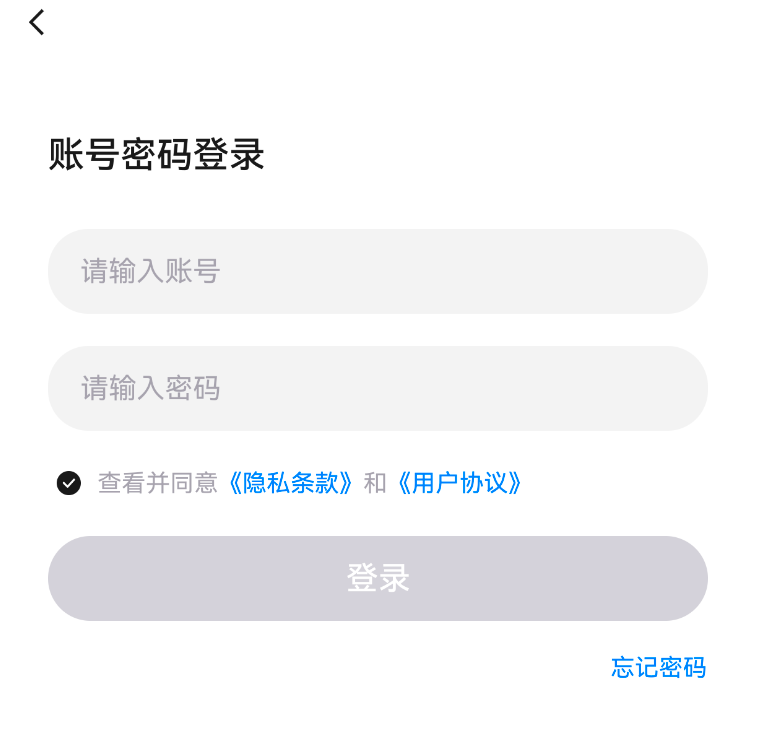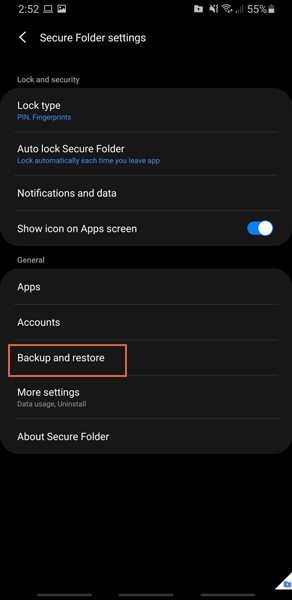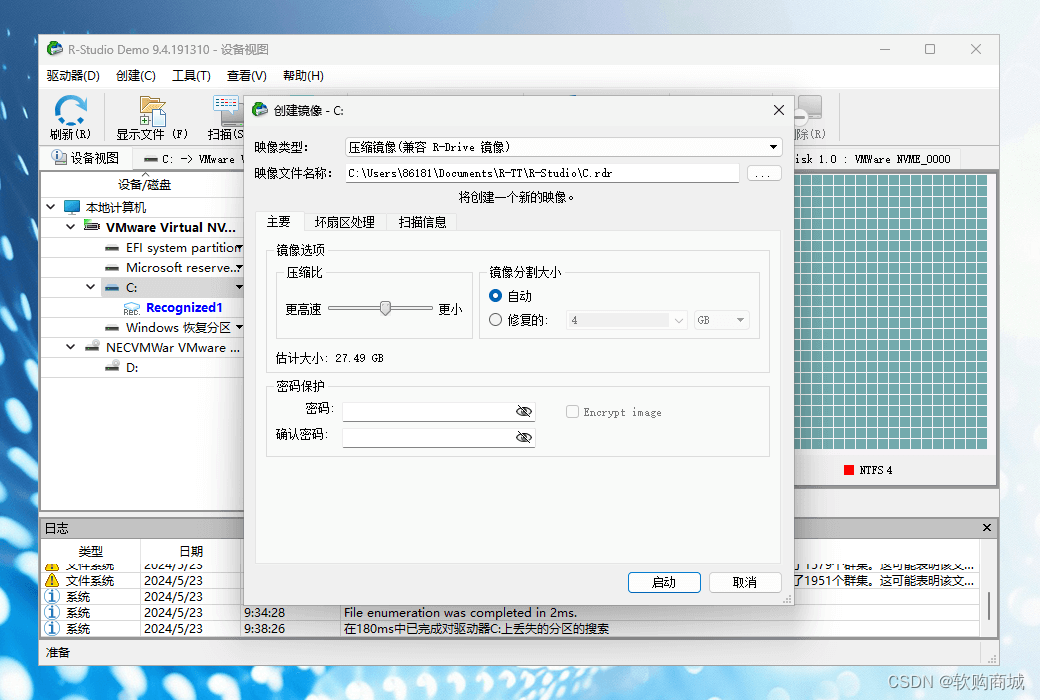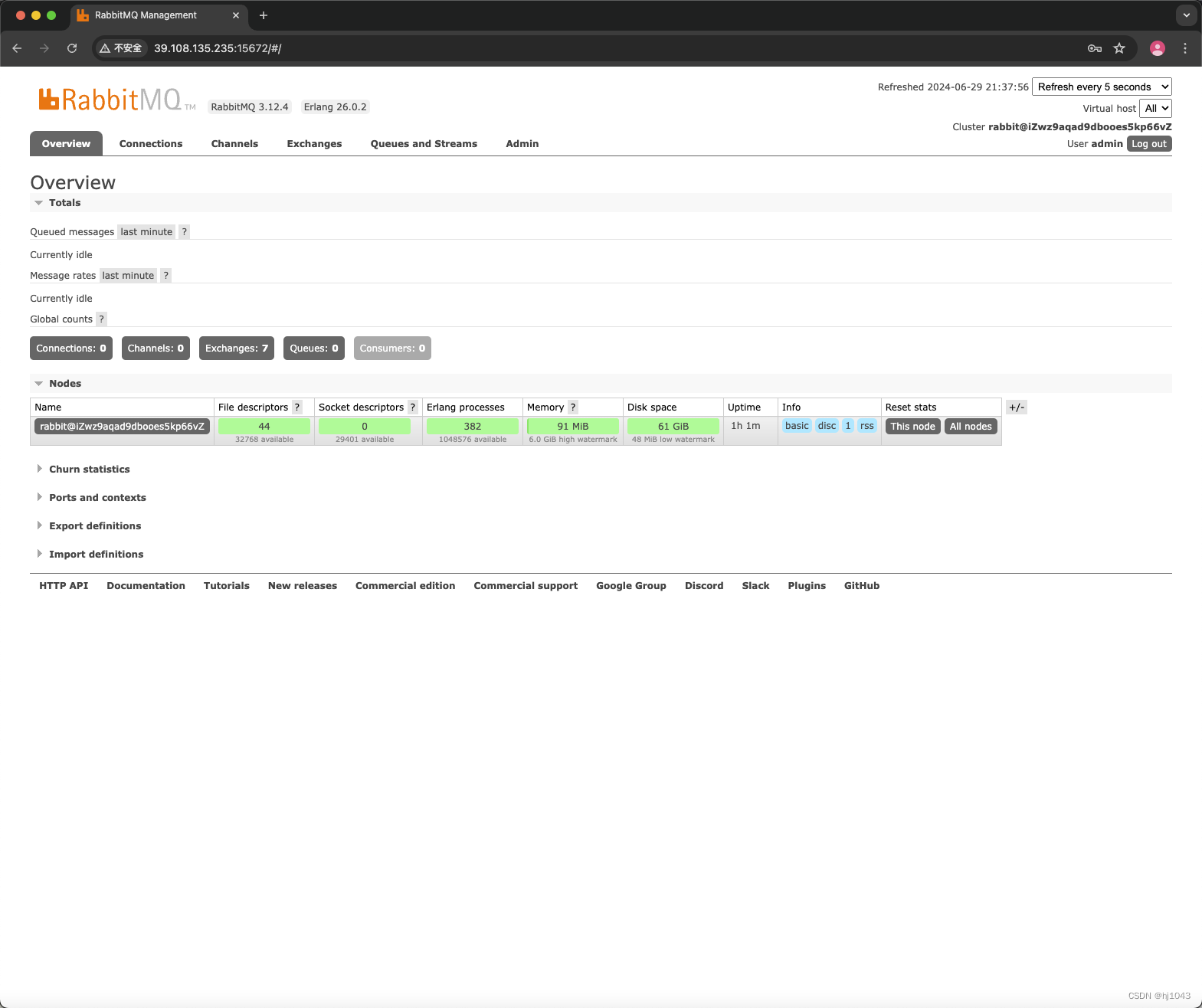大家好,我是网创有方。这节实现的效果是通过代码灵活地调用application.properties实现配置类参数赋值。
第一步:编写配置类
package cn.wcyf.wcai.config;
import org.springframework.beans.factory.annotation.Value;
import org.springframework.boot.context.properties.ConfigurationProperties;
import org.springframework.context.annotation.Configuration;
@Configuration //声明是个配置类
public class WechatConfig {
public String getAppId() {
return appId;
}
public void setAppId(String appId) {
this.appId = appId;
}
public String getToken() {
return token;
}
public void setToken(String token) {
this.token = token;
}
public String getSecretKey() {
return secretKey;
}
public void setSecretKey(String secretKey) {
this.secretKey = secretKey;
}
private String appId;
private String token;
private String secretKey;
}
第二步:编写application.properties
spring.application.name=wcai
server.port=80
#用于配置请求controller的path前缀,比如/demo,就是在请求前面加上/demo,留空就不加
server.servlet.context-path=
wechat.app-id=wx4dqdadqqdq
wechat.token=da6644qd44ad72q
wechat.secret-key=7a78d57q4523szd45357第三步:编写 Controller,通过environment的getProperty动态获取application.properties的参数
@RestController
public class HellowordController {
@Resource
ApplicationContext applicationContext;
@RequestMapping("/helloword")
public String getHelloword(){
return "helloword";
}
@RequestMapping("/getWechatConfig")
public WechatConfig getWechatSetting(){
Environment enr = applicationContext.getEnvironment();
String appId = enr.getProperty("wechat.app-id");
String token = enr.getProperty("wechat.token");
String secret_key = enr.getProperty("wechat.secret-key");
WechatConfig wechatSetting = new WechatConfig();
wechatSetting.setAppId(appId);
wechatSetting.setToken(token);
wechatSetting.setSecretKey(secret_key);
return wechatSetting;
}
}
运行效果:

个人感觉这种方式还是没有上节的自动配置方法好用。第十节:学习ConfigurationProperties类来配置pojo实体类参数(自学Spring boot 3.x的第二天)-CSDN博客

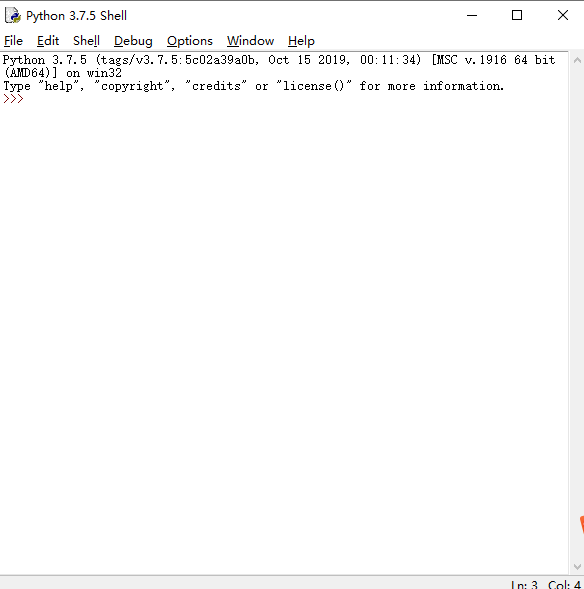


![Spring学习01-[Spring实现IOC的几种方式]](https://img-blog.csdnimg.cn/direct/3f138876749d44a289a60d4050cd2db7.png)
